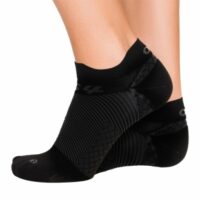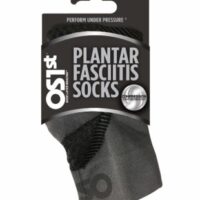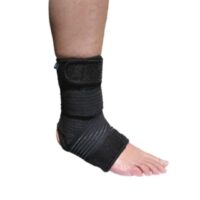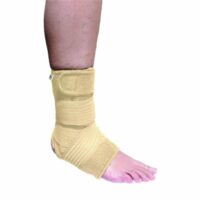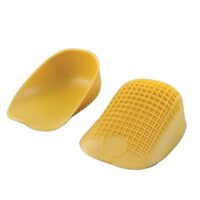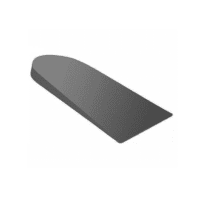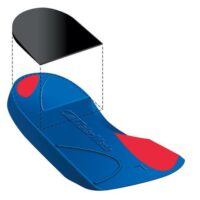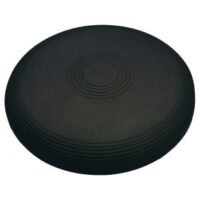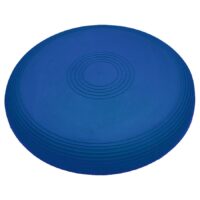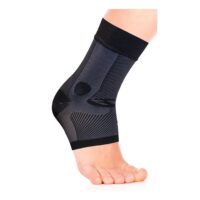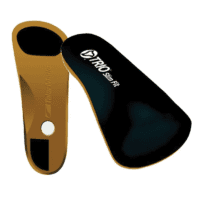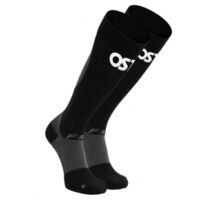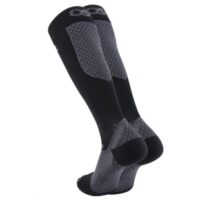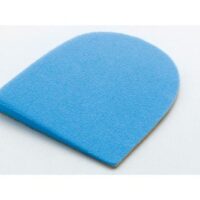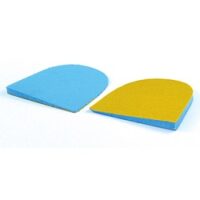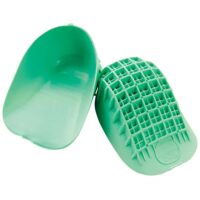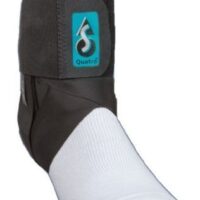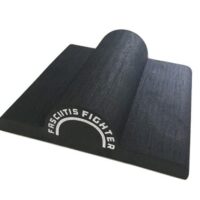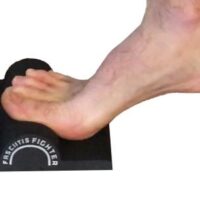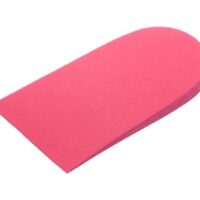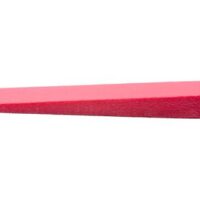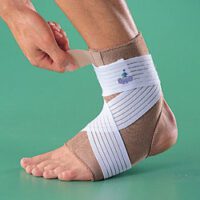Heel Pain & Injury
Article by John Miller

What Causes Heel Pain?
Heel pain is a prevalent foot complaint and may involve bone, fat pad, ligaments, tendons or muscles.
Common Causes of Heel Pain
Plantar Fasciitis
The most common cause of heel pain is plantar fasciitis, a condition where your main arch ligament (fascia) becomes inflamed and causes pain.
More info: Plantar Fasciitis
Heel Spur
Plantar fasciitis can develop into a heel spur (calcaneal spur) when delayed fascia healing and bone is laid down due to excessive load through the injured soft tissue. Heel spurs are often related to flat feet or pes planus.
More info:
Achilles Heel
The attachment of your Achilles tendon can cause Achilles heel issues onto your heel, and this can be due to tendonitis or a related Achilles tendinopathy. While not necessarily painful, a ruptured Achilles tendon causes functional limitations such as an inability to rise on your toes, walk or run.
More info:
Other Tendinopathies
Peroneal tendonitis is a common lateral heel condition due to altered foot biomechanics or hind-foot control issues. Medially (inside your heel), another tendinopathy known as tibialis posterior tendinopathy can cause heel pain.
More info:
Retrocalcaneal Bursitis
Bursitis is another source of heel pain, and it can cause pain between your Achilles tendon and heel.
More info: Retrocalcaneal bursitis
Posterior Impingement Syndrome
Heel pain can also be associated with posterior impingement syndrome conditions, common in dancers or athletes who need to plant their foot, e.g. cricket fast bowlers. It can also occur in any athlete with a relatively unstable ankle, e.g. poorly rehabilitated sprained ankle.
More info: Posterior Impingement Syndrome
Heel Arthritis
Your heel pain can arise from osteoarthritis affecting the subtalar joint or talocrural (ankle) joint.
More info: Heel Arthritis
Stress Fracture
Bone injuries such as fractures can occur from a trauma such as a fall from a height onto your heel. Athletes, especially runners and landing sports, can also suffer overload fractures known as calcaneal stress fractures.
More info: Stress Fracture
Children’s Heel Pain
Sever’s Disease
Sever’s disease is a ubiquitous source of children’s heel pain. Sever’s is related to overactivity and overloading of the calcaneal growth plate.
More info: Sever’s disease.
Referred Sources
You must be thoroughly assessed to ensure an accurate diagnosis and subsequent treatment. Heel pain can also be referred to from a pinched nerve in your lower back, e.g. sciatica. Neural-origin pain such as sciatica and sural nerve pathologies can be tricky to diagnose and requires the professional opinion of an experienced spinal health care practitioner such as your physiotherapist.
Who Suffers Heel Pain?
Anyone can suffer from heel pain, but certain groups seem to be at increased risk, including:
- Middle-aged men and women
- Active people, e.g. running sports
- People who are very overweight
- Children aged between 8 and 13 years
- Pregnant women
- People who stand for long periods.
Common Sources of Heel Pain
Some of the many causes of heel pain can include:
- Abnormal walking style (such as rolling the feet inwards)
- Obesity
- Ill-fitting shoes, e.g. narrow toe, worn-out shoes
- Standing, running or jumping on hard surfaces
- Recent changes in an exercise programme
- Heel trauma, e.g. stress fractures
- Bursitis (inflammation of a bursa)
- Health disorders, including diabetes and arthritis.
Rochedale - Call 38410277
Book Online: RochedaleSalisbury - Call 32751044
Book Online: SalisburySandgate - Call 32691122
Book Online: SandgateRelated Articles
- Understanding Plantar Fasciitis: Causes, Symptoms, and Treatments – Readers will learn about the common condition of plantar fasciitis, including how it develops and ways to treat it.
- Heel Spur Solutions: From Diagnosis to Recovery – This page would discuss the causes of heel spurs, how they are related to plantar fasciitis, and treatment options.
- Achilles Tendinopathy: Prevention and Rehabilitation – Visitors can discover strategies for preventing and rehabilitating Achilles tendon injuries.
- Managing Peroneal Tendinopathy: A Guide for Active Individuals – Offers insights into the causes, symptoms, and treatment options for peroneal tendinopathy.
- Tibialis Posterior Tendinopathy: Understanding and Overcoming Heel Pain – This article would explain the role of the tibialis posterior tendon in heel pain and how to address it.
- Retrocalcaneal Bursitis: Symptoms, Causes, and Treatment – Readers can learn about the inflammation of the bursa behind the heel bone and how to treat it.
- Posterior Impingement Syndrome in Athletes: Diagnosis and Management – Provides information on identifying and managing posterior impingement syndrome, especially in athletes.
- Navigating Ankle Arthritis: Tips for Managing Pain and Mobility – This article would offer advice on managing the symptoms of heel arthritis for better quality of life.
- Sever’s Disease in Children: Understanding Heel Pain and Growth – Offers insights into Sever’s disease, its impact on children, and how to alleviate discomfort.



